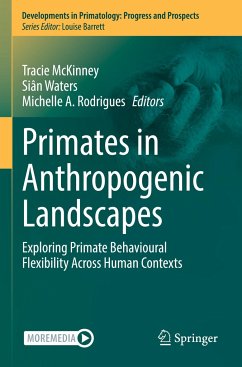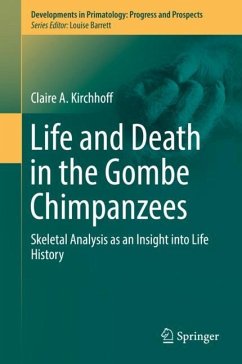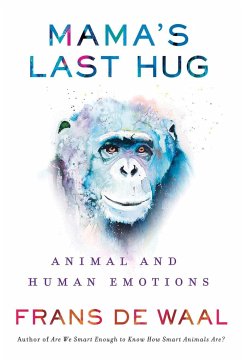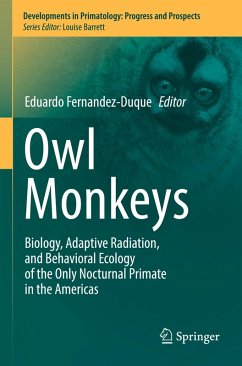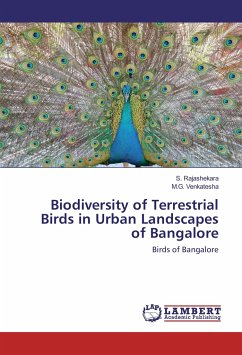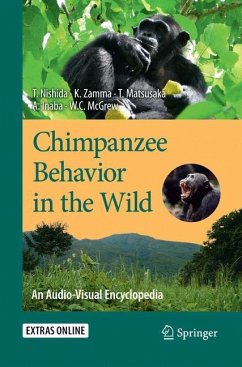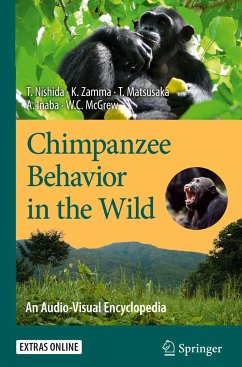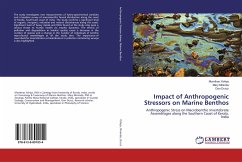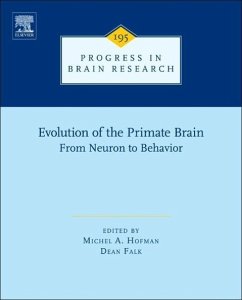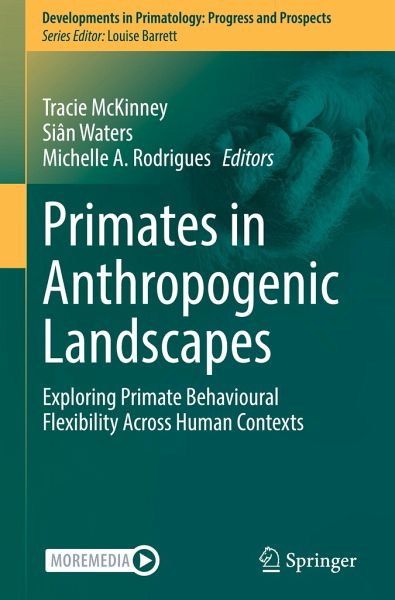
Primates in Anthropogenic Landscapes
Exploring Primate Behavioural Flexibility Across Human Contexts
Herausgegeben: McKinney, Tracie; Waters, Siân; Rodrigues, Michelle A.

PAYBACK Punkte
21 °P sammeln!
The field of primatology has expanded substantially in the last twenty years, particularly with regard to studies of primates in human-altered landscapes. This text aims to review the recent literature on anthropogenic (of human origin) influences on non-human primates, bringing an overview of this important area of primatology together for students. Chapters are grouped into three sections, representing the many ways anthropogenic activities affect primate populations. The first section, 'Human Influences on Primate Habitat', covers ways in which wild primates are affected by human actions, i...
The field of primatology has expanded substantially in the last twenty years, particularly with regard to studies of primates in human-altered landscapes. This text aims to review the recent literature on anthropogenic (of human origin) influences on non-human primates, bringing an overview of this important area of primatology together for students. Chapters are grouped into three sections, representing the many ways anthropogenic activities affect primate populations. The first section, 'Human Influences on Primate Habitat', covers ways in which wild primates are affected by human actions, including forest fragmentation, climate change, and the presence of dogs. Section two, 'Primates in Human-Dominated Landscapes', looks at situations where non-human primates and humans share space; this includes primates in urban environments, primate tourism, and primates in agroecosystems. The final section, 'Primates in Captivity', looks at primate behaviour and welfare in captive situations, including zoos, the primate pet trade, and in entertainment.





